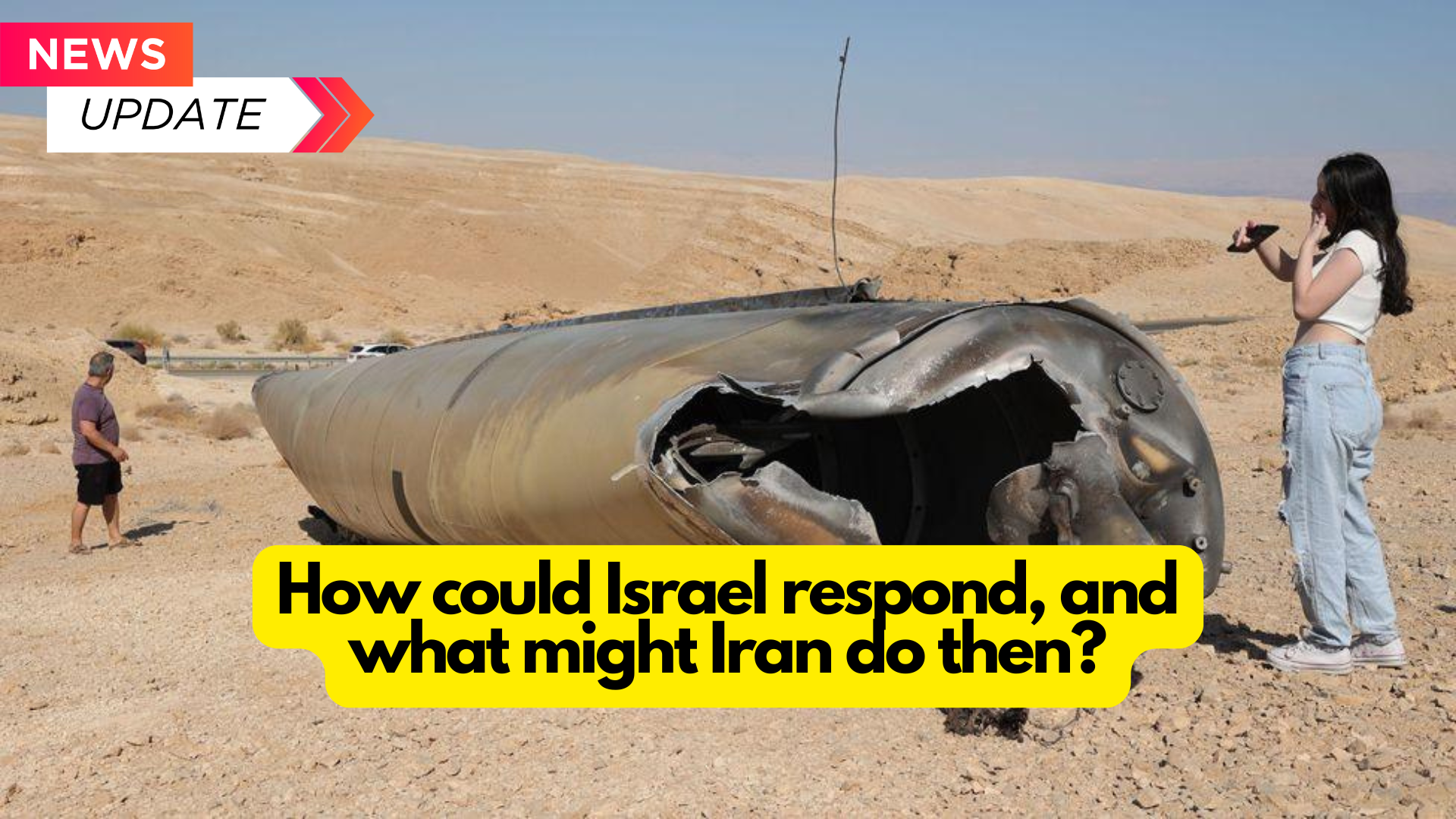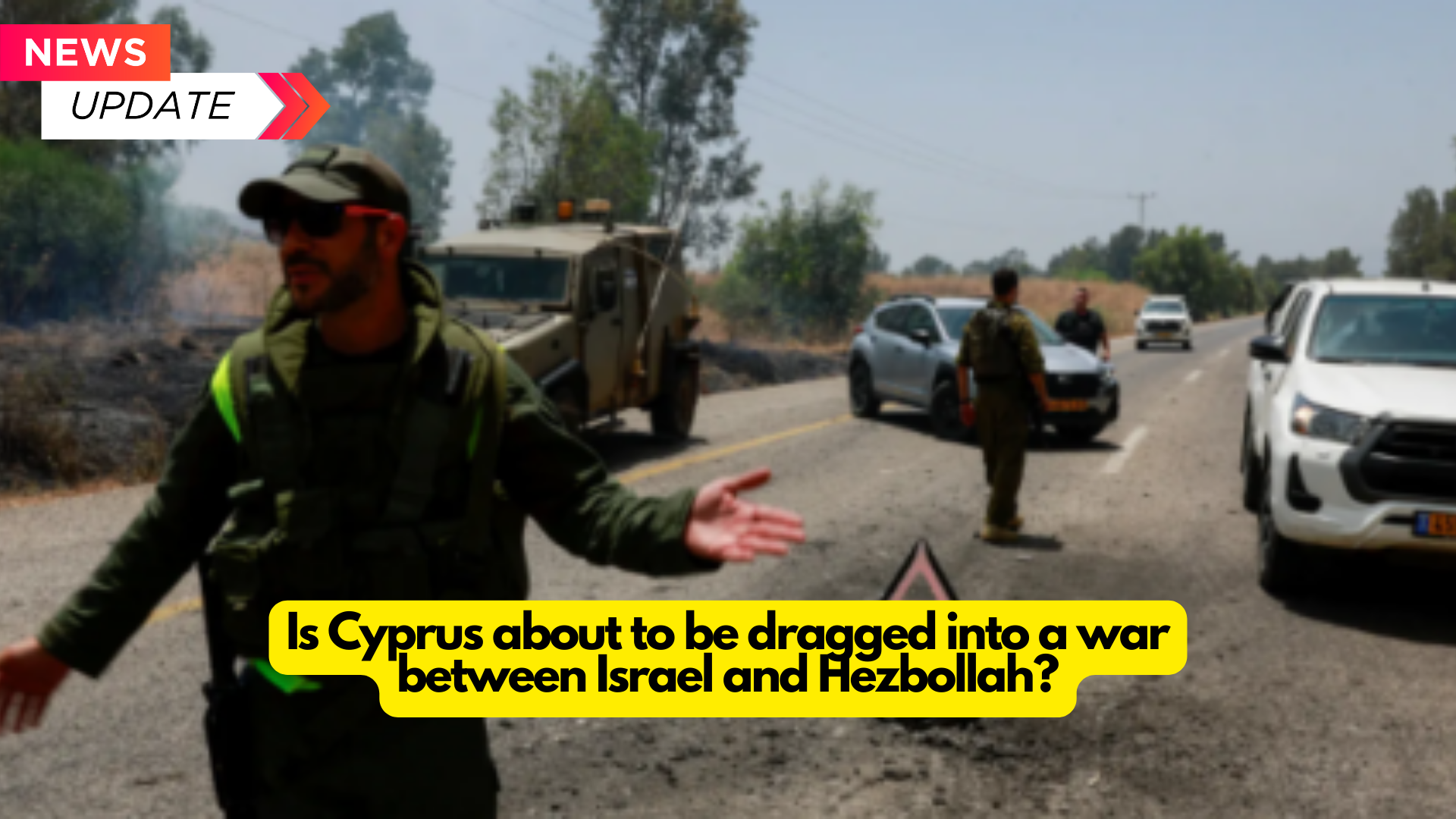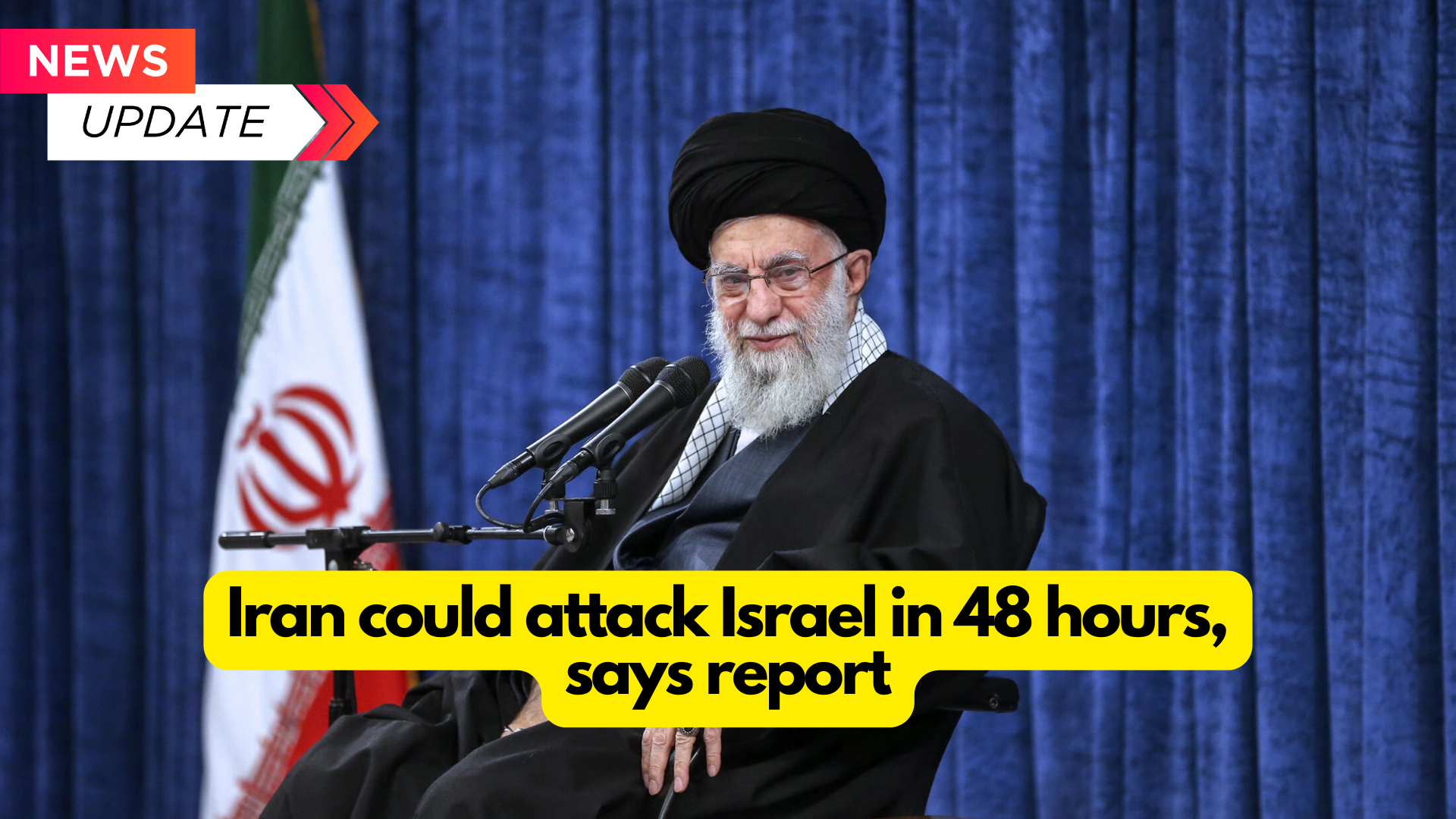The Middle East is once again on the verge of a devastating battle between two characters who have been at odds for much of the last 45 years.
This is now one of the most perilous times for the entire region.
Iran, which declared itself an Islamic Republic following the toppling of the Shah in 1979, has long promised to destroy Israel, which it refers to as the “Zionist regime.”. Israel accuses Iran’s Revolutionary Guards Corps (IRGC) of spreading unrest throughout the Middle East via friends and proxies, a position supported by some Arab countries.
Israel is preparing to strike against Iran following Tuesday’s barrage of ballistic missiles, some of which pierced Israel’s air defenses.
Iran claims this was in reprisal for two Israeli assassinations: Hezbollah leader Hassan Nasrallah in Beirut and Hamas leader Ismail Haniyeh in Tehran.
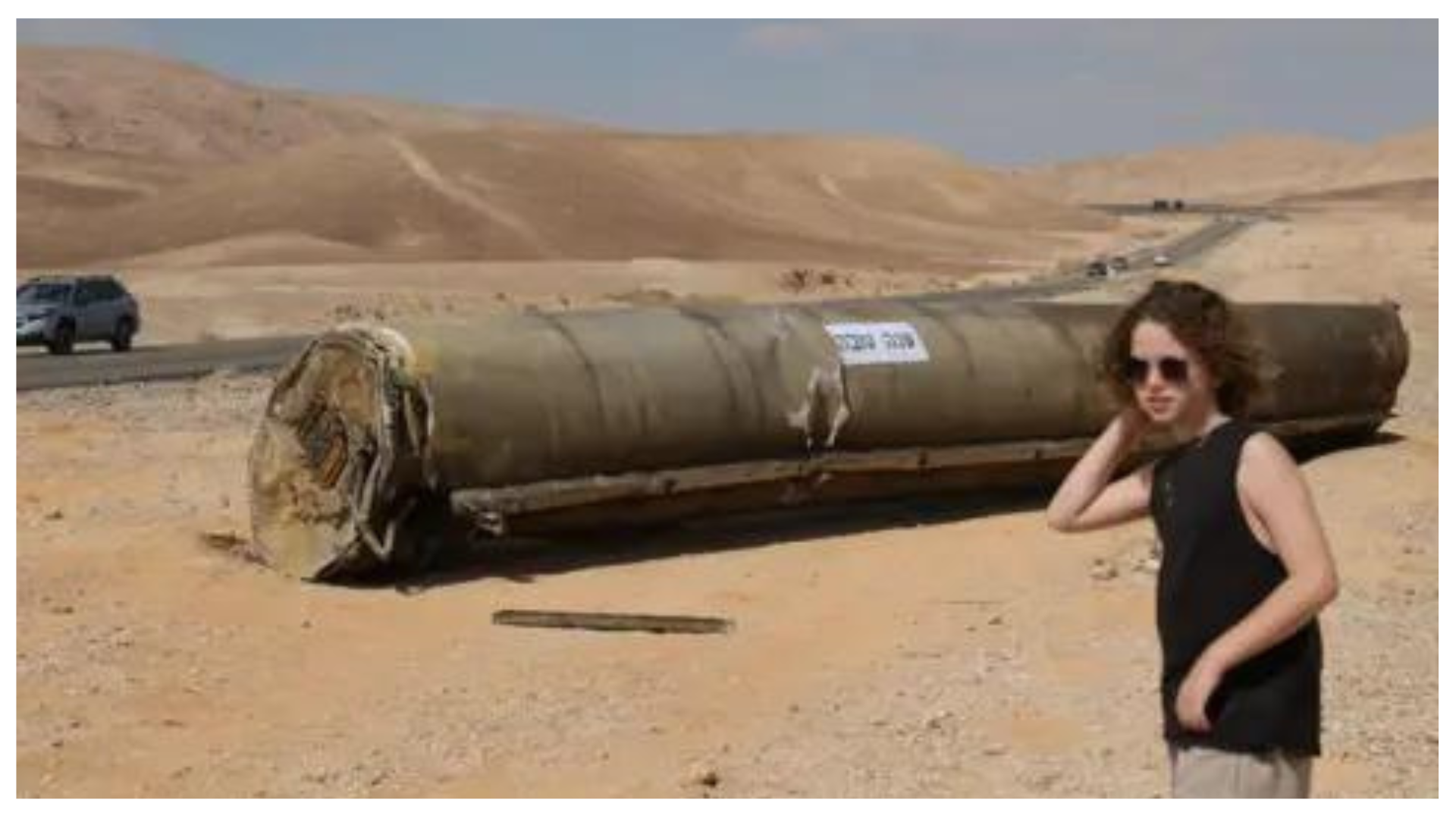
So, what comes next?
Both Israel and its closest ally, the United States, have pledged to punish Iran for shooting 180 missiles toward Israel. “Iran will pay a heavy price,” declares Israeli Prime Minister Benjamin Netanyahu.
The caution advocated on Israel by its partners during the previous crisis in April is more subdued this time. And, given Israel’s resolve to confront all of its adversaries at once—in Lebanon, Gaza, Yemen, and Syria—the Netanyahu administration appears to be in no mood to hold back.
Israeli strategists will most likely be arguing how hard to strike Iran rather than whether or not to strike at all.
The Israel Defense Forces (IDF), aided by US satellite information and Mossad (Israel’s foreign espionage organization) human agents on the ground in Iran, have a diverse selection of targets to pick from. These may roughly be classified into three categories:
Conventional armed forces will first and foremost attack the facilities from where Iran launched its ballistic missiles. That includes launch pads, command and control centres, refueling tanks, and storage bunkers. It might go much further, targeting IRGC sites, air defenses, and other missile batteries. It may even attempt to murder key figures engaged in Iran’s ballistic missile project.

Economic: This includes Iran’s most susceptible state assets, such as petrochemical facilities, electricity generation, and perhaps maritime holdings. This, however, would be a very unpopular decision in Iran since it would end up causing considerably more harm to ordinary people’s lives than any military strike.
Nuclear: This is a significant deal for Israel. The UN nuclear monitor, the IAEA, has confirmed that Iran enriches uranium much above the 20% required for civil nuclear power. Israel and others fear Iran of attempting to achieve a “breakout point” when it is on the verge of building a nuclear weapon.
Israel’s potential targets include Parchin, the epicenter of Iran’s military nuclear program; research reactors in Tehran, Bonab, and Ramsar; as well as important sites in Bushehr, Natanz, Isfahan, and Ferdow.
A substantial portion of their estimates will be based on predicting Iran’s response and determining how to prevent it. The Iranian perspective is that after shooting missiles against what it claims were Israeli military sites on Tuesday, the score is now decided. However, it warns that if Israel retaliates, it would respond in kind.
“This is only a glimpse of our capabilities,” stated Iran’s President Masoud Pezeshkian. The IRGC emphasized this warning, saying, “If the Zionist regime responds to Iran’s operations, it will face crushing attacks.”
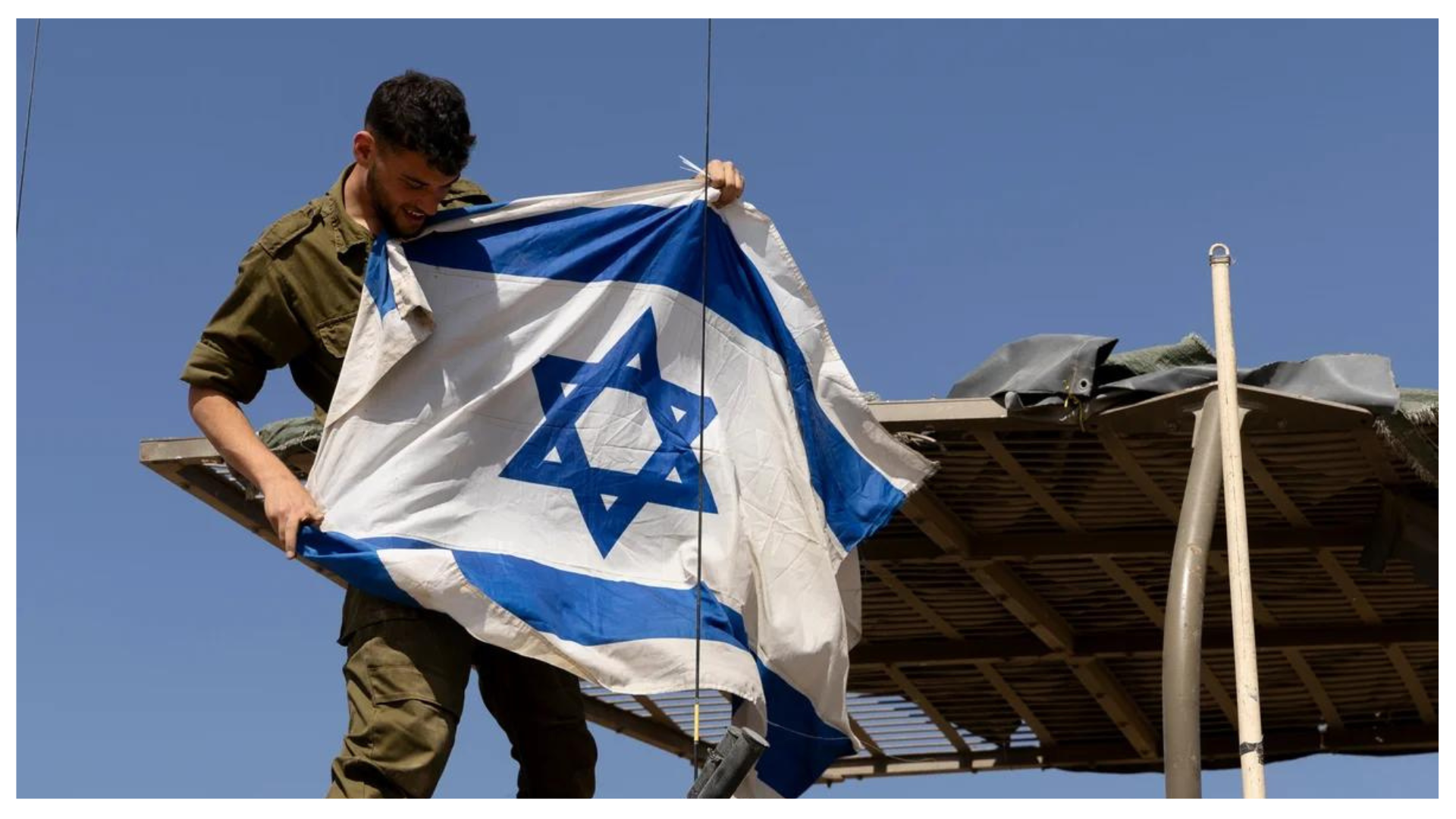
Iran cannot beat Israel militarily. Its air force is outdated and decrepit, its air defenses are vulnerable, and it has had to deal with years of Western sanctions.
However, it still maintains a massive arsenal of ballistic and other missiles, as well as explosive-laden drones and several allied proxy militias around the Middle East. Its next missile barrage may probably target Israeli civilian areas rather than military outposts. In 2019, an Iran-backed militia attacked Saudi Arabia’s oil infrastructure, demonstrating how susceptible its neighbours are to assault.
The IRGC Navy, which patrols in the Gulf, possesses massive flotillas of tiny, fast missile assault boats capable of overwhelming the defenses of a US Navy 5th Fleet battleship in a swarm attack.
If it got instructions to do so, it may try to sow mines in the Strait of Hormuz, disrupting the flow of up to 20% of the world’s daily oil exports and having a significant impact on the global economy.
Then there are all the US military bases strewn over the Arabian side of the Gulf, from Kuwait to Oman. Iran has warned that if it is attacked, it will not just retaliate against Israel but will also strike every country it regards as backing the attack.
These are only a few of the eventualities that defense strategists in Tel Aviv and Washington will now contemplate.
